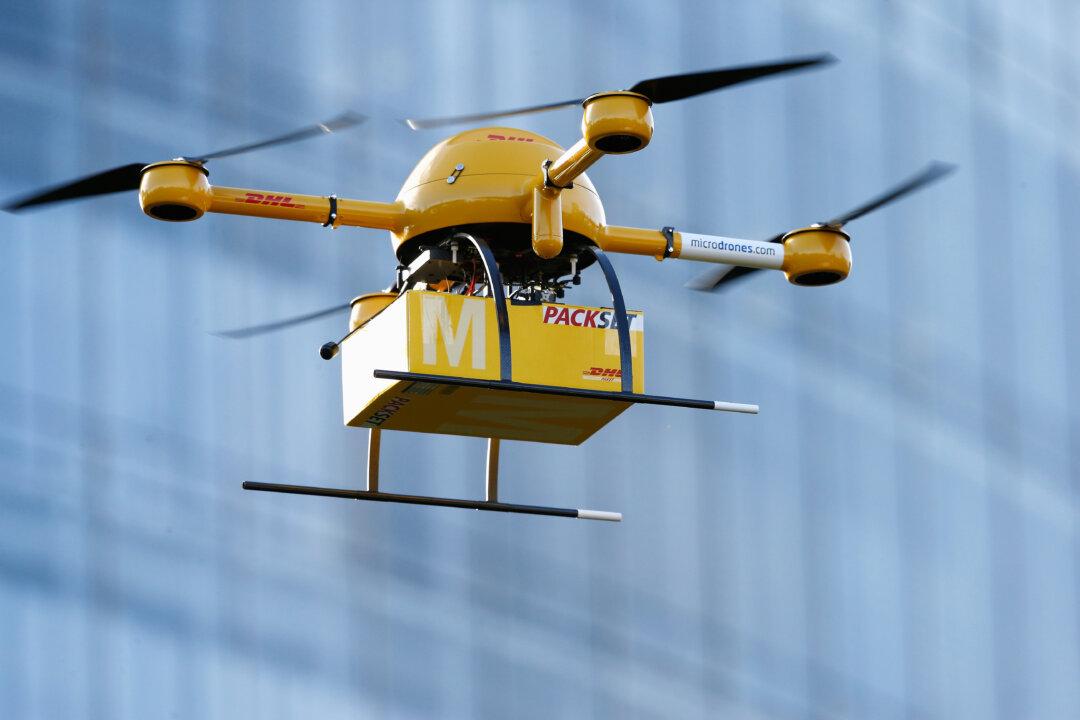The Federal Aviation Administration (FAA) proposed a new set of rules that would legalize the use of drones for a wide-range of business purposes Sunday, but still restrict drones from delivery purposes by companies like Amazon.
The rules, which are expected to go into effect no earlier than 2017, would legalize previously banned commercial drone activities like crop-spraying or filming. However, delivery operations effectively outlawed by a clause that requires the pilot to remain within line-of-sight of the drone.





